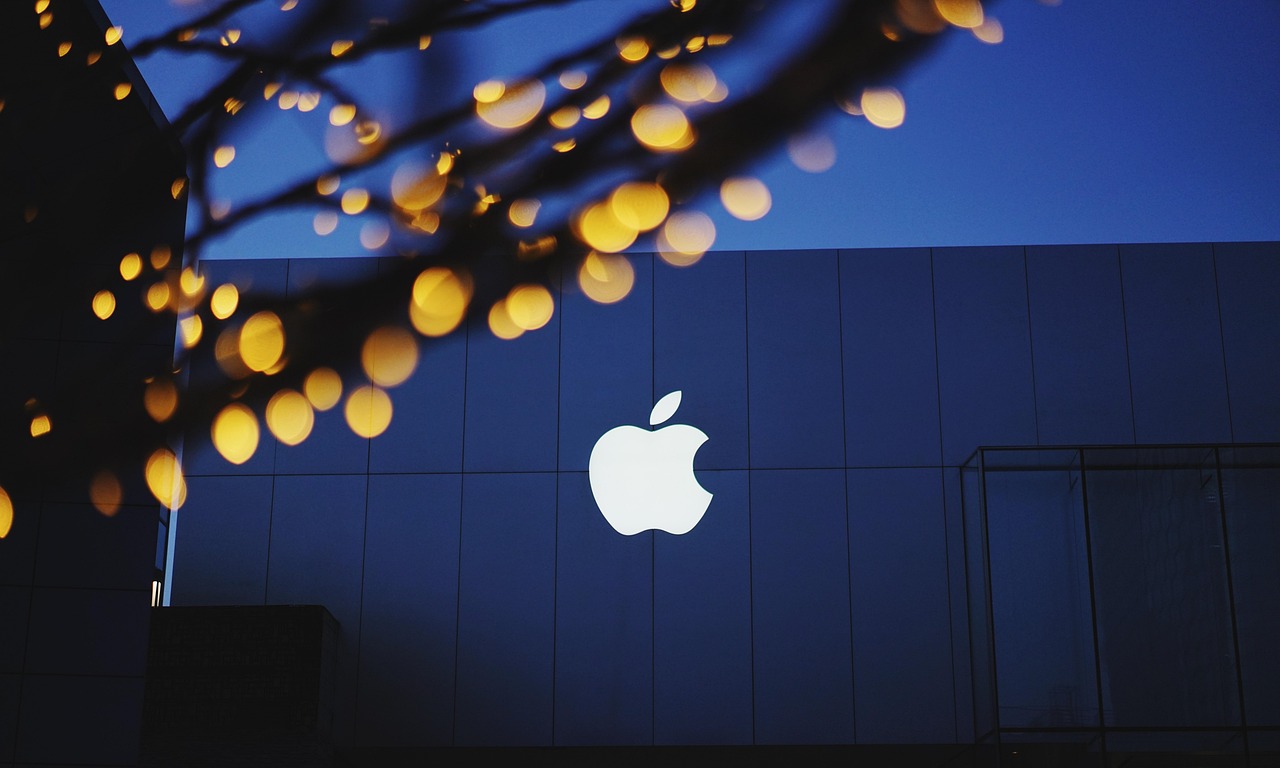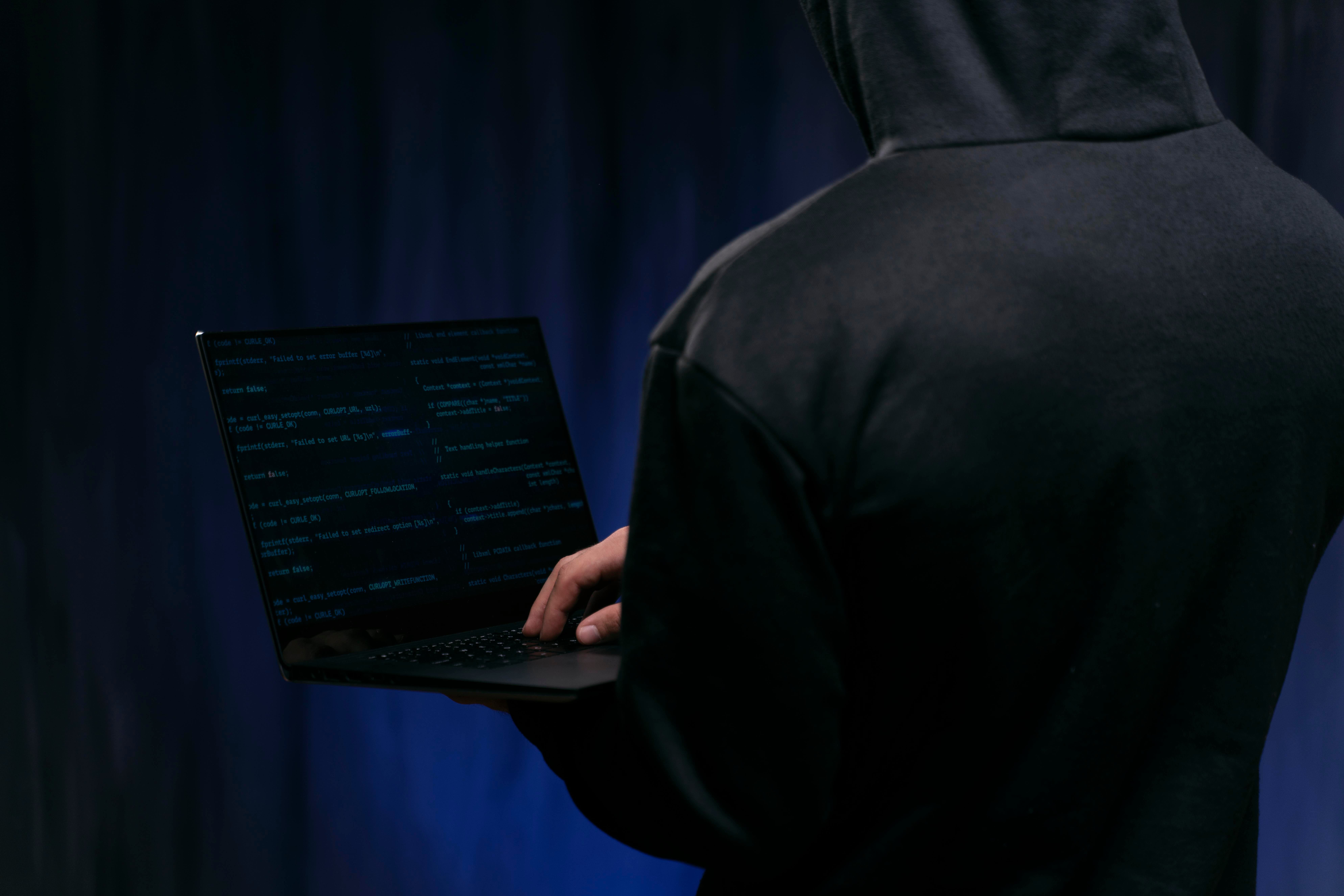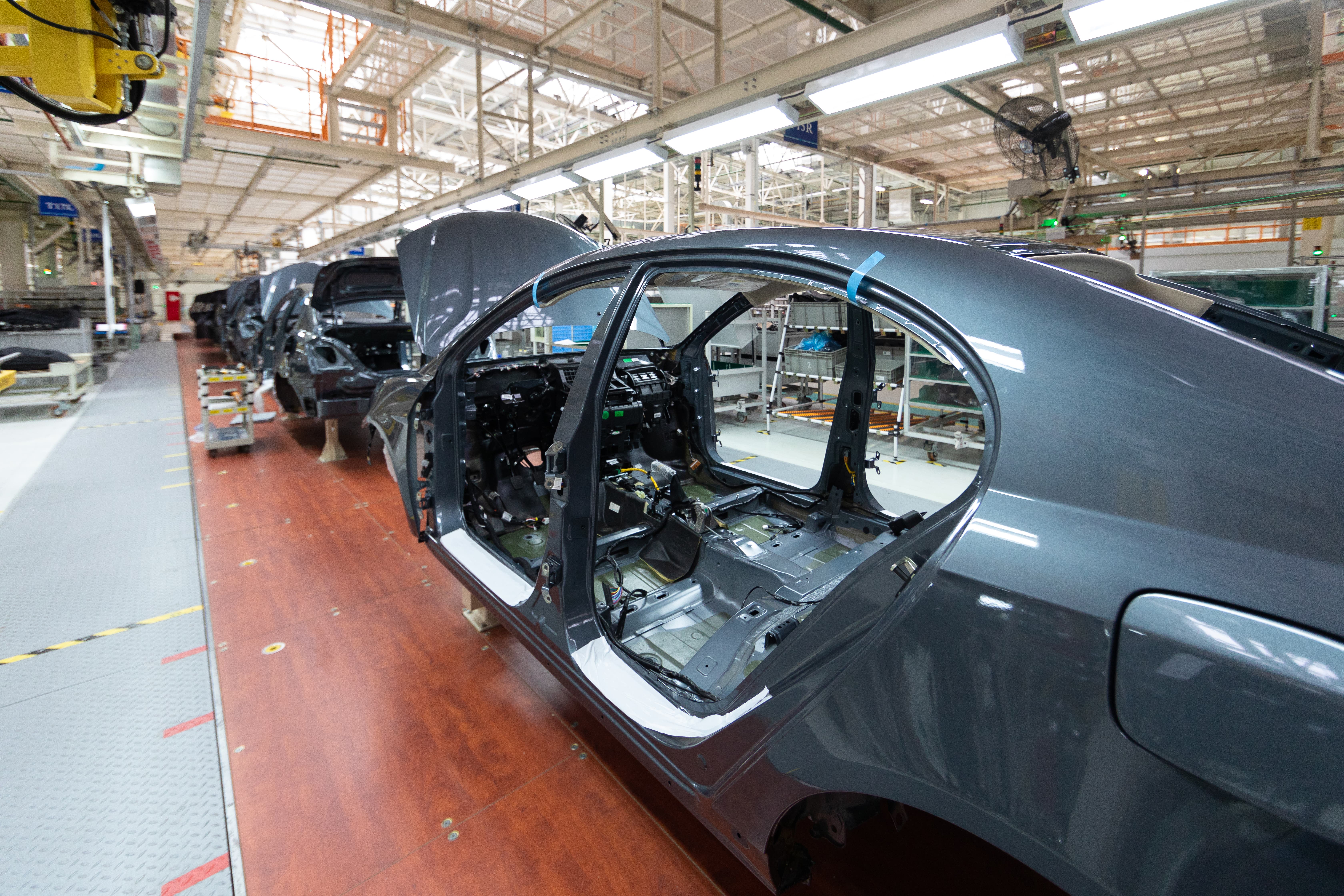Apple is internally testing its upcoming Siri upgrade with a chatbot-style tool called Veritas, according to a report by Bloomberg. The app enables employees to experiment with new capabilities and provide structured feedback before a public launch.
Veritas enables testers to type questions, engage in conversations, and revisit past chats, making it similar to ChatGPT and Gemini. Apple is reportedly using the feedback to refine Siri’s features, including data search and in-app actions.
The tool remains internal and is not planned for public release. Its purpose is to make Siri’s upgrade process more efficient and guide Apple’s decision on future chatbot-like experiences.
Apple executives have said they prefer integrating AI into daily tasks instead of offering a separate chatbot. Craig Federighi confirmed at WWDC that Apple is focused on natural task assistance rather than a standalone product.
Bloomberg reports that the new Siri will use Apple’s own AI models alongside external systems like Google’s Gemini, with a launch expected next spring.
Would you like to learn more about AI, tech, and digital diplomacy? If so, ask our Diplo chatbot!









